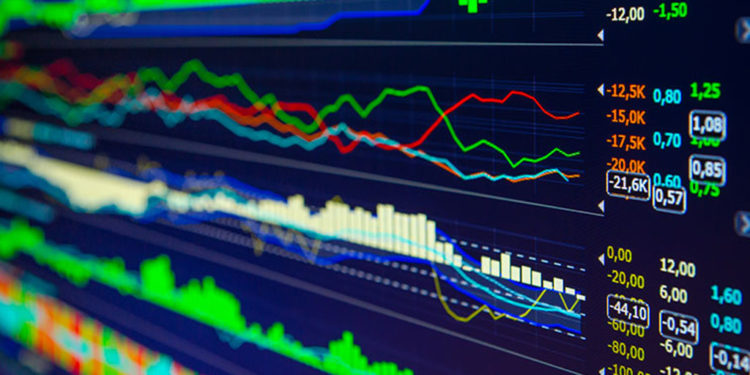The Psychology of Forex Trading – How to Stay Calm under Pressure
Forex trading, or foreign exchange trading, involves the buying and selling of currencies to profit from fluctuations in exchange rates. The psychological aspect of trading is crucial, as it directly affects decision-making, risk management, and overall performance. Staying calm under pressure is essential for success in this high-stakes environment, and understanding the psychological dynamics can help traders maintain composure and make rational decisions? One of the key psychological challenges in forex trading is managing stress. The forex market is highly volatile, with prices often swinging dramatically within short periods. This volatility can trigger intense emotional responses, such as fear and greed, which can cloud judgment and lead to impulsive decisions. To stay calm, traders need to develop a disciplined approach that includes having a clear trading plan and sticking to it. A well-defined strategy helps in minimizing emotional reactions by providing a structured framework for decision-making.

Another important aspect of maintaining calm is managing risk effectively. Risk management strategies, such as setting stop-loss orders and adhering to proper position sizing, can prevent significant losses and reduce the pressure associated with each trade. By setting realistic risk parameters and knowing in advance how much can be lost on a trade, traders can approach each decision with a level head. This approach reduces the emotional strain of worrying about potential losses and helps traders focus on executing their strategies effectively. Developing psychological resilience is also crucial for forex traders. Resilience involves the ability to recover from setbacks and maintain a positive outlook despite challenges. In trading, this means accepting losses as part of the game and not allowing them to affect future decisions negatively. Traders who view losses as learning opportunities rather than personal failures are better equipped to handle the stress of adaptive forex trading. This mindset helps in maintaining focus and avoiding emotional reactions that can lead to poor decision-making.
Self-awareness plays a significant role in staying calm under pressure. Traders who understand their psychological tendencies, such as tendencies towards overconfidence or anxiety, can take proactive steps to address these issues. For example, if a trader knows they have a tendency to become overly anxious during market downturns, they can implement techniques such as mindfulness or relaxation exercises to manage their stress levels. Regular self-assessment and reflection are also beneficial. By reviewing past trades and analyzing both successes and mistakes, traders can gain insights into their emotional responses and improve their decision-making processes. This reflective practice helps in building a more robust psychological framework for trading. In summary, the psychology of forex trading involves managing stress, effective risk management, building resilience, and developing self-awareness. By addressing these psychological factors, traders can stay calm under pressure, make more rational decisions, and ultimately enhance their trading performance.
